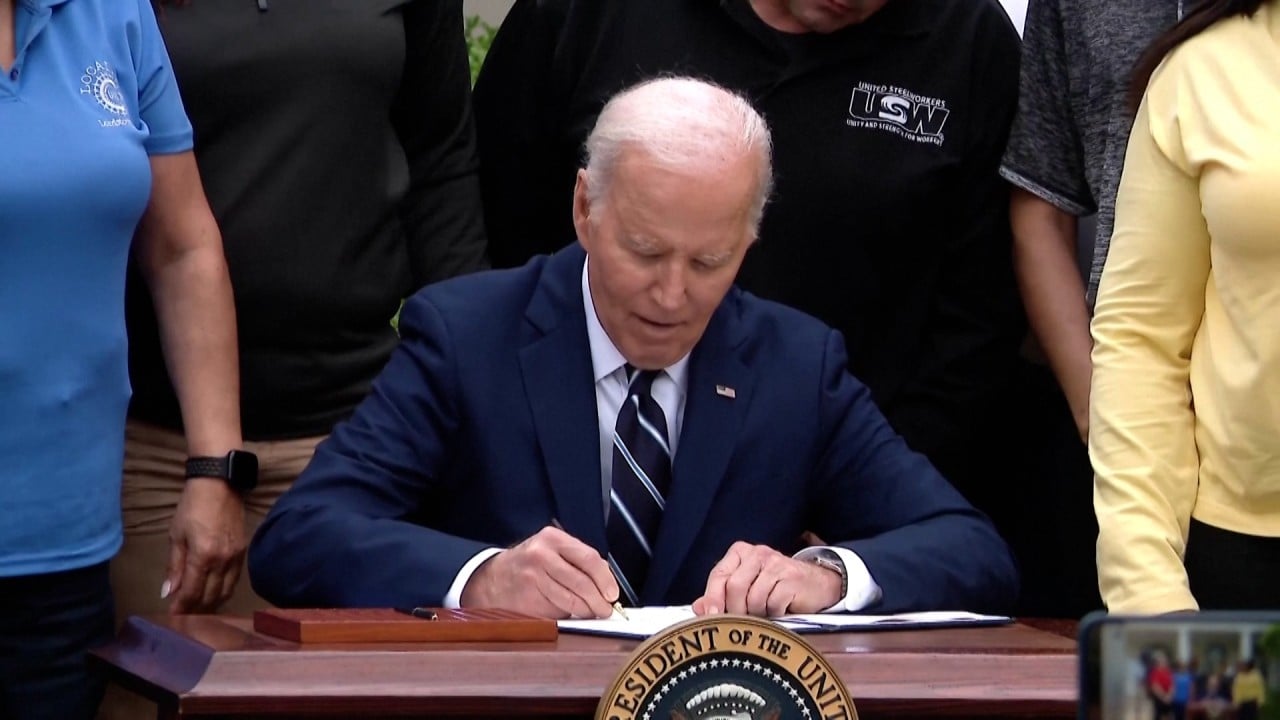Meanwhile, China’s patchy economic growth has led investors to increase their bets on big companies on expectations that they can better withstand the economic headwinds from a slumping property market and sluggish consumer spending.
“There are increasing worries about small-capitalisation companies after more metrics have been added to the delisting criteria,” said Chen Kaichang, an analyst at Guosen Securities in Shanghai. “The trend of piling into dividend assets has taken hold and the trade on big and value stocks is expected to continue in the medium term.”
s Regulatory Commission (CSRC) earlier this month saying there would not be a spike in the number of delistings this year has done little to ease investors’ fears.
In the revised delisting rules published in April, companies whose funds are embezzled by big shareholders will get booted off the exchange, as will those found to have falsified revenue or profit for three consecutive years.
While only 11 companies have been delisted so far this year, another 75 have been given the label of ST, or special treatment, to warn investors of their potential delisting risks, according to data compiled by Wind information and Sinolink Securities.
A record 43 companies were delisted from the mainland’s stock exchanges last year, up by just one from 2022. Currently, about 5,300 companies trade on China’s onshore bourses.
“The number of forced delistings is expected to hit a record high this year,” said Yang Jiani, an analyst at Sinolink Securities. “The new delisting rules have begun to work and the effect can be seen.”
The love for big-cap firms is not limited to China’s market. It is a worldwide phenomenon this year, according to Industrial Securities. International investors are hunting for the kind of stable and visible returns that bigger industry leaders can fetch against the backdrop of weak global growth and rising geopolitical tensions, it said.
In the US, the Magnificent Seven, a term referring to seven technology giants including Nvidia, Microsoft and Apple, has dominated sentiment and helped to drive the S&P 500 index to new highs throughout the year.
In China, both policy support and economic development continue to give big companies the advantage, with the latest data showing that an uneven recovery is under way and the property crisis persists.
“Small-caps will still be under pressure amid the regulatory scrutiny of high-frequency trading and delisting,” said Zhao Yun, an analyst at China Merchants Bank. “Big-cap stocks will be in favour amid the push for more dividend payouts and index-based investments.”


